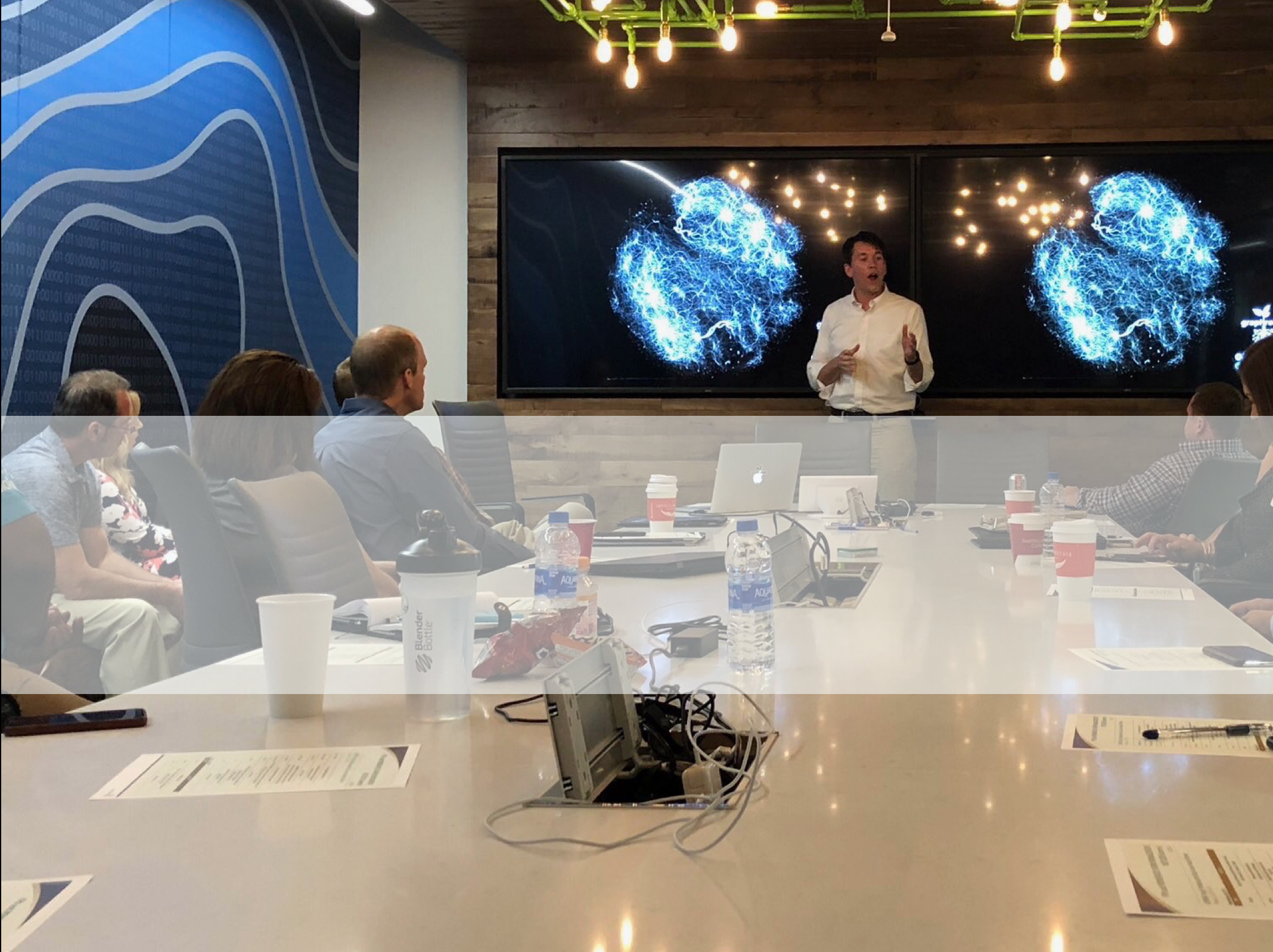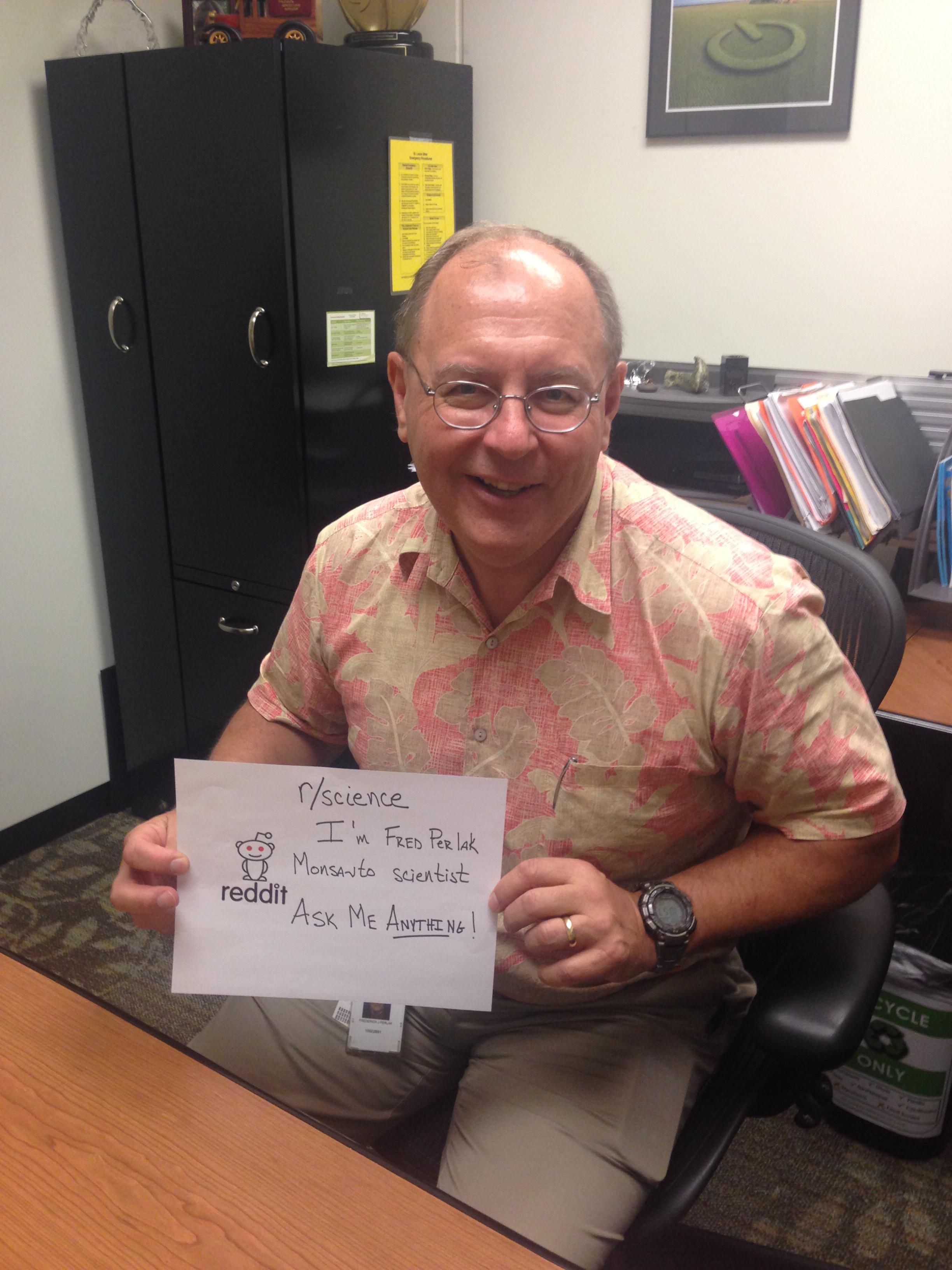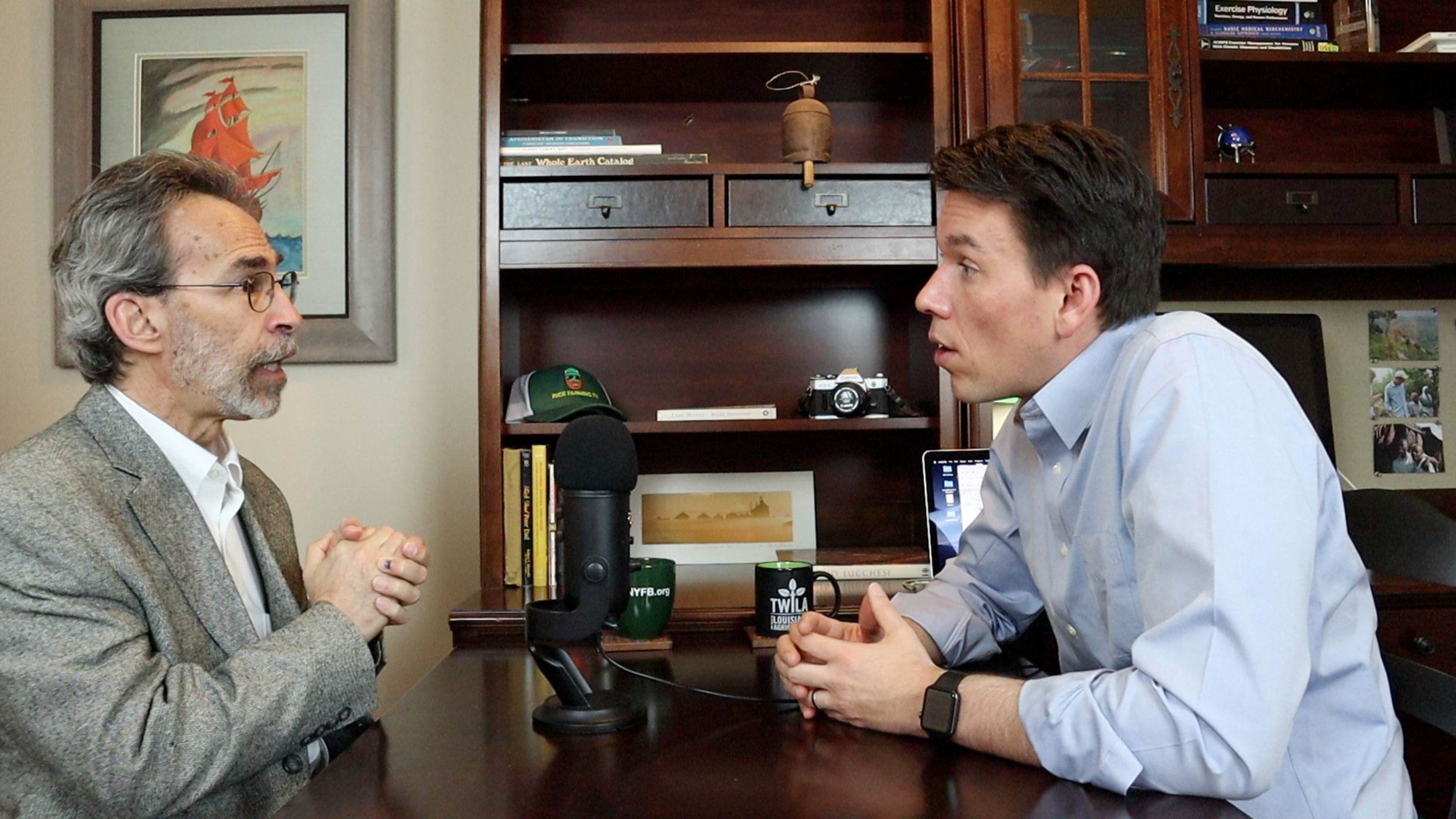Why I left Monsanto/Bayer to return to my own company.

Long ago, I came to the conclusion that, for me, a life worth living is one oriented toward the largest problems that I am capable of helping to solve. That is what took me on a path that spanned from being a deckhand on an eco-tourism ship, to the Peace Corps, the World Bank, and eventually as the Director of Millennial Engagement at Monsanto. Each of these experiences offered me new ways of thinking and exposed me to the lessons that can only be learned through experience. Each chapter closed when I found balance that I didn’t have before, realized that it was time for change, and prepared to move on.
I didn’t set out to take a job at Monsanto. But, I quickly realized that I had stumbled onto an intriguing question: if we are growing food more bountifully than at any other time in human history, why are people afraid and even angry about where their food comes from? Answering this question may prove to be the most important problem in the modern world, because fearing one’s food is a dangerous thing. I was hired to find some way to communicate with a public that had, at least in part, come to the conclusion that Monsanto’s part in growing food was dangerous and dark.
The work I contributed towards at Monsanto/Bayer made incredible in-roads. We had one of the highest rated Reddit Science AMA’s in history (we often thought of it as more impactful than a Super Bowl ad). We showed that a Fortune 500 company could derive value from answering tough questions on obscure podcasts. We figured out the right venues to let scientists speak for themselves. And we learned many things that didn’t work.
I respect my former colleagues immensely; our work trying to engage a curious public was fulfilling, exciting and meaningful. I am grateful that they invited me in and supported me in trying a completely unorthodox strategy. I respect the company Monsanto was, and I believe Bayer is poised to be a force for good. It was a tremendous opportunity to work at Monsanto.
I was most proud of delivering speeches to more than 90,000 people. Talking with farmers, scientists, students, artist, dietitians and concerned citizens taught me deep and humbling lessons. I had no choice but to learn how to communicate when some people came to my talk expecting that I would be evil or selling something nefarious. Sometimes people posed questions designed to inflict damage, over time I came to embrace these interactions because they made me get better. I learned what it takes to say something valuable even when no one in the room agrees with you.
Vance Crowe at a Skeptics in the Pub event in the U.K.
I now know what it takes get others to pay attention to your perspective and what you can do to explain yourself more clearly even when people disagree. I hope that farmers, scientists, industry groups, and teachers invite me to share what I have learned because these skills may be the difference between success and failure in the modern age.
Now what?
I have come to deeply cherish the experience of working with the farming community, and I hope that continues.
I have also come to realize that the divide between companies and regular people has serious consequences. This won’t stop with GMOs and vaccines; every technology that becomes significant in our lives runs the risk of being maligned to the degree that it can be banished from society.
I am returning to my own company, because I see the deep need for a different type of communications consulting, the need is greater than row crop farming. I want to help companies be dramatically better at understanding why people don’t agree with them, and come to terms with the changes they need to make to become a group that others listen to, respect and even ally with. I hope to stay in agriculture and believe there are other industries to work with as well. I am excited about this next step.
I am open to learning about what you think is the most important problem in your world, perhaps I can help.
Also, I launched a podcast. I’m interviewing scientists, architects, financiers, and many others.







